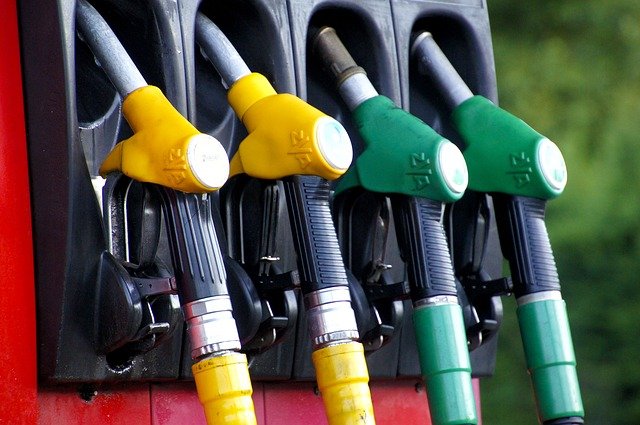July 19, 2023
In order to finance a significant increase to its 2023 budget following earthquakes and the presidential election, Turkey raised the special consumption tax (ÖTV) on petrol on July 16. The country faced a budget deficit of 263.6 billion lira in the first five months of the year, compared to 124.6 billion lira during the same period the previous year.
While the fuel tax increase aims to address the budget deficit, there are concerns about its potential impact on inflation. In June, inflation had decreased to 38.21% from its peak of 85.51% in October of the previous year. The rise in taxes could lead to increased prices and potentially contribute to inflationary pressures.
The widening budget deficit was primarily a result of increased spending ahead of the May presidential elections, which saw President Recep Tayyip Erdoğan elected for a third term. Additionally, funds were allocated for reconstruction efforts following the devastating earthquakes in southern Turkey. The estimated cost of these earthquakes exceeds $100 billion.
As part of the government’s efforts to bolster its cash reserves, the ÖTV for gasoline was raised from 2.52 lira to 7.52 lira per liter, while the tax on diesel oil increased from 2.05 lira to 7.05 lira. These tax adjustments, combined with value-added tax (VAT), are expected to contribute to a more than 20% increase in the final pump price.
According to tax expert Ozan Bingöl, the impact of these tax increases, along with VAT, will result in an additional 6 liras added to the pump sale price. This increase was predicted by experts, and it aligns with previous warnings about such adjustments.
The boost of 1.12 trillion lira to Turkey’s budget was approved by parliament on July 15. This increase comes as part of various measures aimed at strengthening the government’s financial resources. Among these measures is a two-percentage-point increase to the value-added tax (VAT).The depreciation of the lira has been a significant factor affecting the Turkish economy.
Since 2018, the lira has lost more than 80% of its value, and in 2023 alone, it has depreciated over 28%. This depreciation has resulted in higher prices for a wide range of goods, including fuel and food, as Turkey relies heavily on imports.
Source: duvaREnglish.com
Legal Notice: The information in this article is intended for information purposes only. It is not intended for professional information purposes specific to a person or an institution. Every institution has different requirements because of its own circumstances even though they bear a resemblance to each other. Consequently, it is your interest to consult on an expert before taking a decision based on information stated in this article and putting into practice. Neither Karen Audit nor related person or institutions are not responsible for any damages or losses that might occur in consequence of the use of the information in this article by private or formal, real or legal person and institutions.






